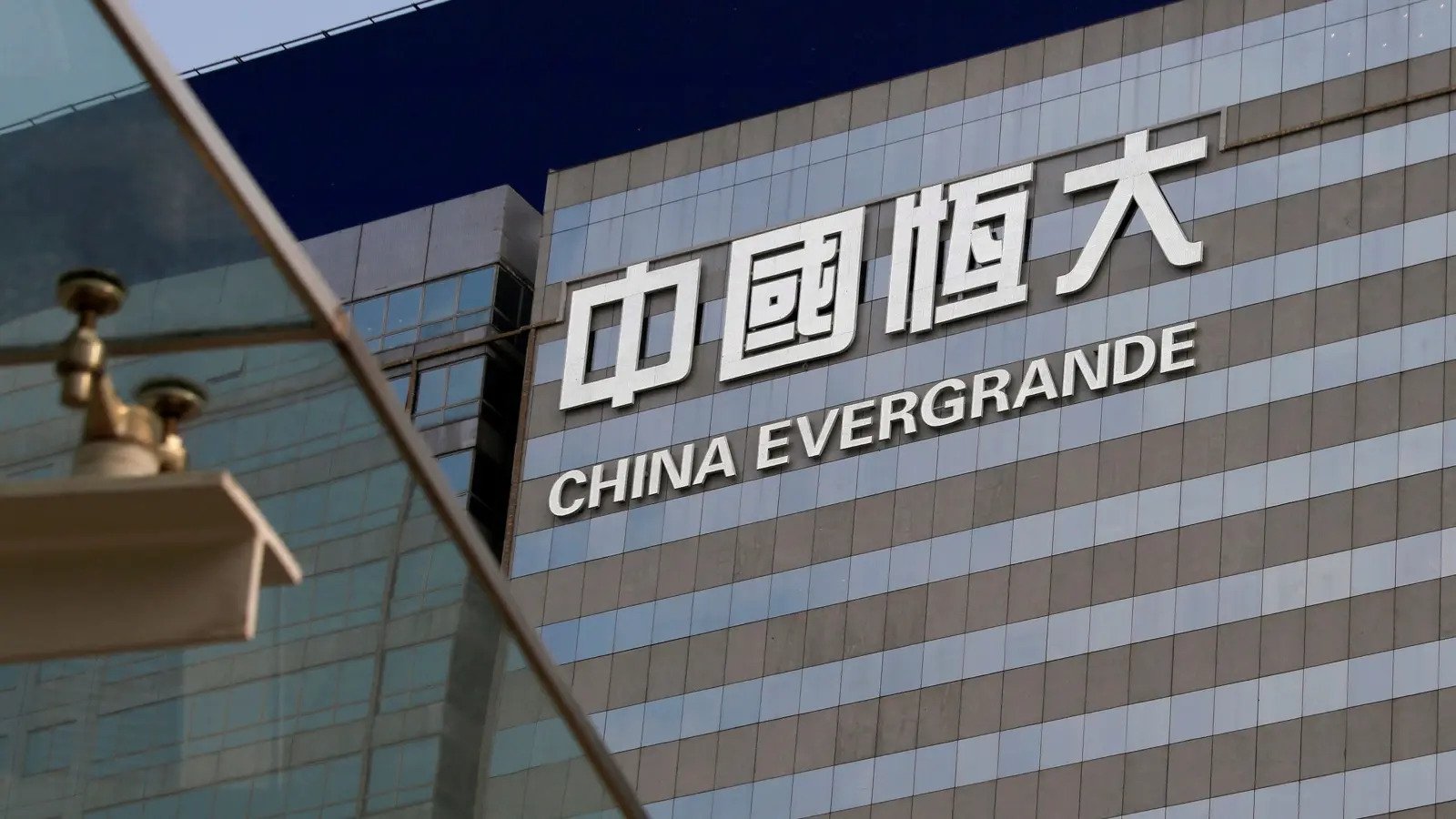One of the best ways to think about China is that it’s a country, but it operates like one large company. Yes, there are ‘private’ banks in China and yes, there are ‘private’ corporations, but in the end the Communist Party owns anything and everything (if it wants to).

25 September 2021 (Milos, Greece) – Last month I wrote a piece about China pointing the way to a technology solution: just smash the sector to bits. By seemingly dismantling critical parts of its technology sector, China is redefining what progress means. Beijing has determined that too many resources were being poured into consumer-facing tech so the decision was made to pivot those resources back into military technology. You can read the piece by clicking here.
The same could be happening in the Chinese real estate boom.
The story of Evergrande is the story of a tough economic choice that China has long been staring down: pain now or pain later? For years, debt-fueled production and construction powered China’s economy, producing vast quantities of steel, expensive infrastructure, and aspirationally named apartment complexes across the urban landscape. But in recent years, leader Xi Jinping has emphasized reducing financial “chaos” and ensuring high-quality economic growth, and the country has been trying to cut back on the debt that has twisted its economy.
Signs of that new approach are everywhere. China has allowed a series of corporate defaults, including in sectors it cares deeply about, such as semiconductors. The government’s crackdown on Ant Group- which has involved reining in the fintech giant’s consumer lending apps – also reflects its preoccupation with financial risk. And last September, Beijing ushered in tougher rules for real estate developers, which meant some companies could no longer borrow.
Evergrande was founded in 1996, just two years before China began allowing private mortgages. A quarter century later, its $300 billion debt crisis is what you get when the old way of business runs headlong into the new way. Certainly, Evergrande was financially profligate – a looming disaster many warned about – but that’s how the real estate sector worked, until Beijing decided it would no longer work that way.
Now that the short-term pain is here, everyone is watching to see if China will follow through. That would mean holding off on a wholesale rescue of Evergrande. China still can put its weight behind ensuring domestic lenders are protected, and making sure home buyers and suppliers are given homes or repaid. Not doing so wouldn’t sit well with the new focus on “common prosperity.” But ensuring those outcomes may not require ensuring Evergrande continues to exist in its current form—or that the company’s offshore investors come away unscathed.
This is actually what a shifting of economic gears looks like.
The most visible signs of China’s swelling real estate bubble are its ghost towers, a massive inventory of empty office parks and apartments. By one estimate, vacancy rates in China’s largest cities were around 17% as of 2017, and more than 20% in mid-sized cities.
Anne Stevenson-Yang, co-founder of J Capital Research, started keeping an eye on ghost towers more than 20 years ago – and she certainly saw Evergrande coming. Back in 2017, Stevenson-Yang called the company the biggest pyramid scheme the world has ever seen. In a report she just posted this weekend she said:
“It’s just been holding on, somehow, for 10 years. They’ve been up to the edge of the cliff again and again, and then figured a way out. Evergrande is like Houdini”.
There’s a moral hazard in moving too quickly to save companies that have taken undue risks—others may feel encouraged to do the same. China is for now assembling a team to scrutinize Evergrande’s books, the likely precursor to a debt-restructuring exercise.
But pivoting to another model for GDP expansion will likely cause growth to slow, given the country’s current reliance on real estate and construction spending. That has wide repercussions, as China was the only major economy that grew last year and is expected to have the second-fastest-growing GDP in 2021 (behind India).
One of the best ways to think about China is that it’s a country, but it operates like one large company. Yes, there are ‘private’ banks in China and yes, there are ‘private’ corporations, but in the end the Communist Party owns anything and everything (if it wants to). And because of that, there really isn’t global contagion risk with Evergrande because in the end, and as far as we know, the loans to Evergrande were made by Chinese banks that are implicitly backstopped by the Chinese government.